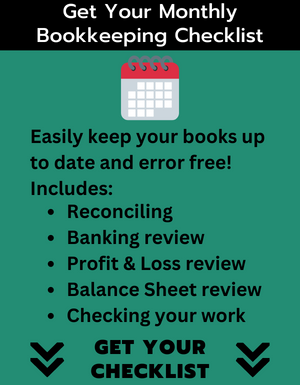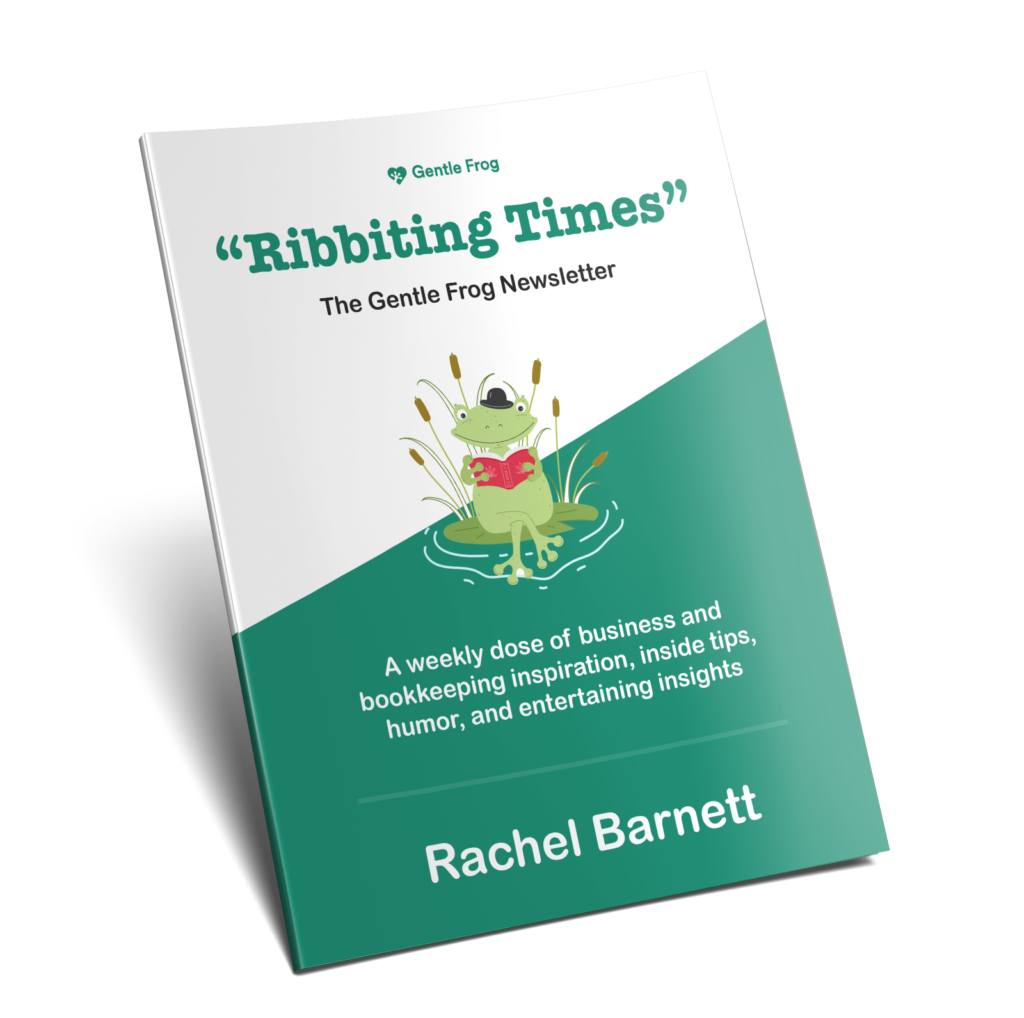One of the most common challenges for a bookkeeper is figuring out how to find good bookkeeping clients. But before successfully attracting the right clients, you must first define what a “good client” means to you.
Without a clear definition, you might end up working with businesses that don’t align with your expertise or values.
In this blog post, we’ll explore:
- How to define your ideal bookkeeping client
- What strategies work best for finding good clients
- Where to focus your marketing efforts
Let’s dive in!
Define Your Ideal Bookkeeping Client
Before you start searching for clients, take a moment to ask yourself: What does a good bookkeeping client look like for me?
Consider these key factors:
- Services Offered – Do you prefer full-service bookkeeping, accounts payable/accounts receivable, or after-the-fact bookkeeping?
- Business Size – Do you enjoy working with small business owners directly, or do you prefer dealing with accounting managers at larger companies?
- Industry Preference – Are there specific industries you love working with (e.g., service-based businesses) or industries you prefer to avoid (e.g., e-commerce)?
- Client Communication Style – Do you want a hands-off client who trusts your expertise or someone who is actively involved in their bookkeeping?
For example, my ideal client wants to learn and take charge of their bookkeeping. However, my team member, Meghan, prefers clients who want a bookkeeper to handle everything for them. Defining your client preferences will help you filter the leads that are the best fit for your business.
What Have You Already Tried?
If you’re struggling to find clients, evaluate what marketing efforts you’ve already made. Some bookkeepers set up a Facebook page or an Upwork profile and then wonder why clients aren’t lining up to work with them.
Here are some proactive approaches that can help:
- Networking & Community Engagement – Join bookkeeping or small business groups on Facebook and LinkedIn.
- Content Marketing – Create educational blog posts, YouTube videos, or social media content to showcase your expertise.
- Google My Business Profile – If you haven’t already, set up a Google My Business profile so potential clients in your area can find you.
- ProAdvisor Listing – If you’re a QuickBooks ProAdvisor, make sure your profile is optimized with reviews and service offerings.
Successful bookkeepers build their client base by talking to people and positioning themselves as trusted resources. Rather than taking a salesy approach, focus on human-to-human connections—discuss what’s working for their business, what software they use, or how they handle financial challenges.
Where Can Potential Clients Find You?
Even if you have a strong skill set, potential clients need a way to discover your services. Consider how business owners typically search for bookkeepers:
- Google Searches – Many business owners search for local bookkeepers on Google, so having a website and a Google My Business listing is essential.
- Referrals – Past clients and fellow professionals can be great referral sources. Make sure they know who you’re looking for.
- Industry-Specific Groups – If you specialize in a particular industry, participate in their professional groups and online forums.
- YouTube & Blogging – Educational content can help establish your expertise and attract long-term leads.
If you don’t yet have a website, consider creating one—even a simple page with your contact info and services can help potential clients find you.
Lessons Learned: Finding the Right Clients Takes Time
Many bookkeepers want immediate results when looking for clients, but building a strong, steady client base takes time. I started a YouTube channel, and it took over a year before I got my first lead. My blog required more than 50 posts before I started seeing traction.
The key is consistency—keep putting your business in front of the right people, and over time, the right clients will come.
Final Thoughts: How to Find Good Bookkeeping Clients
Defining what makes a “good” client will help you attract the right clients for your bookkeeping business. You’ll build a strong, sustainable business by clarifying your ideal client profile, trying multiple marketing approaches, and ensuring potential clients can find you.
Now, I’d love to hear from you—how do you define a good client? What strategies have worked for you in finding bookkeeping clients? Let’s continue the conversation in the Gentle Frog’s Bookkeeping Lily Pad community!








